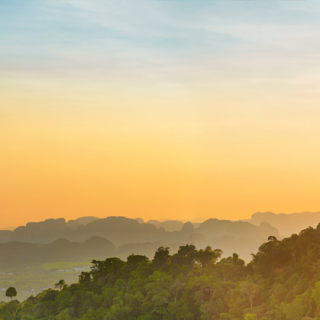
Providing Food and Sharing the Message
This post is an excerpt from SEND Canada's 2021 Annual Report.
-----
For almost four years, Doug and Lynn Harder have been making trips to the Shan Mountain Village (along the Thailand-Myanmar border) to serve over 1,000 men and women recovering from drug addictions. The COVID pandemic, along with the military junta of February 2021, created the perfect storm. These events have spiraled the people into abject poverty and hunger.
Thanks to supporters like you, the Harders have been able to send nutritious food supplements to the drug-recovery camps, as well as to an Internally Displaced Persons camp nearby. Due to the trusting relationships built with the village headmen, Doug and Lynn alone are permitted to bring food and medicine into the mountain village!
Doug reported in February 2022 that they continue to work to provide the “super-food” for the people in both the Shan Mountain Village and the rehab camps. Each person receives just 50 grams a day! They boil the food and get their basic minerals and vitamins.
However, not only did the Harders want to give daily physical bread to the people, they also wanted to provide spiritual bread. The Harders and their team began to wonder how they could get Bible stories into the hands of the people.
A friend introduced Doug to solar MP3 players which only need the sun’s rays to operate. The Harders and their team began to load those players with the sweeping narratives of the Scriptures - from Creation to Christ, as well as songs and stories of Shan believers who have been transformed by Jesus. And all of this is in the Shan language!
The only Shan pastor in the mountain village area shared with Doug that the solar players were accepted with enthusiasm, and the people are listening. The stories, music and the Shan Christian testimonies are well received!
While it is essential to provide food for the Shan Mountain Village and the rehab camps, the Harders are praying that people will come to know and love Jesus Christ. Because of the faithful support of Senders, Doug and Lynn are able to share the message of Jesus with the Shan people.
Additional Posts




